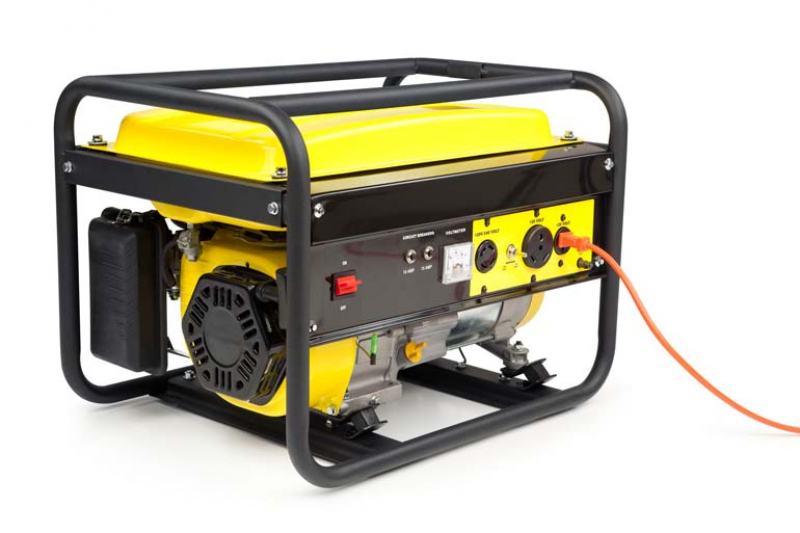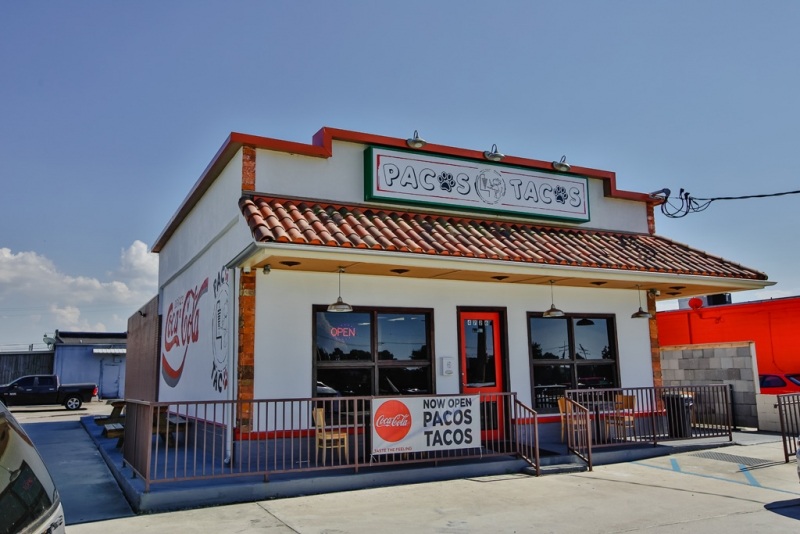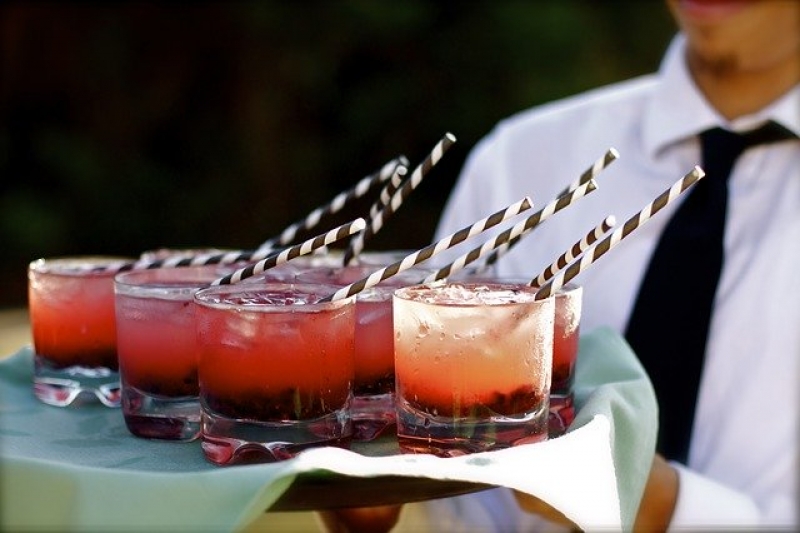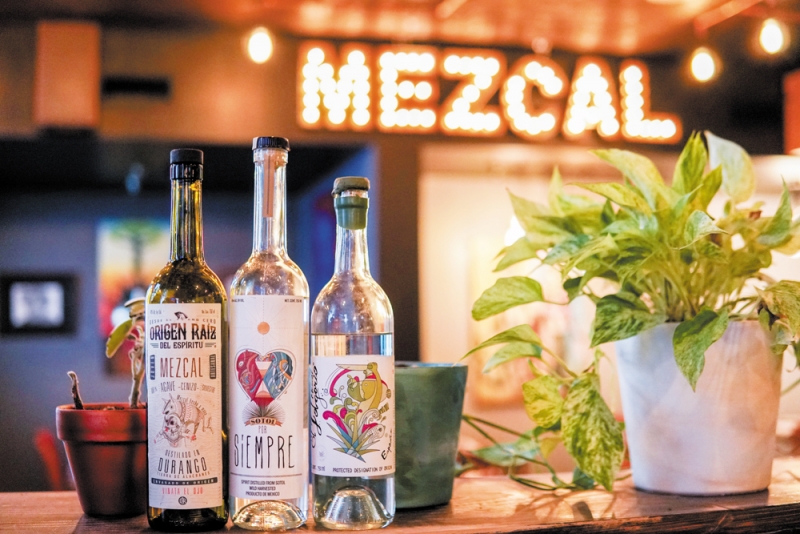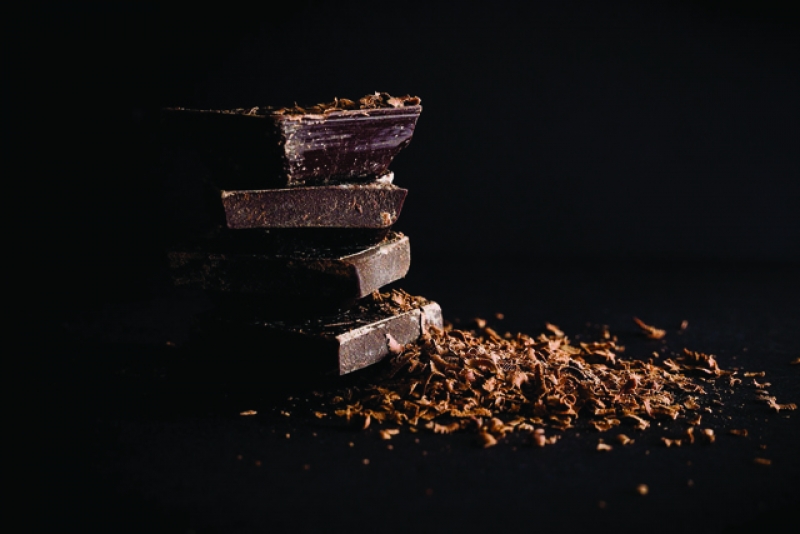Generator Safety During Hurricane Season
Generator Safety During Hurricane Season
Click aqui para español- >Seguridad con generadores durante temporada de huracanes
Louisiana residents, even recent arrivals, already understand the great risk hurricane season represents to the southern state from June 1 to November 30 each year.
Almost a year ago, Hurricane Ida swept through the Louisiana coast, advancing to New York and leaving behind multi-million dollar property and economic losses and claiming several lives.
In Louisiana, Hurricane Ida caused 26 deaths. According to the report of the Louisiana State Medical Director, six of these deaths were caused by carbon monoxide poisoning due to the inappropriate use of electric generators during blackouts.
Because there is a great chance we will be affected again during one of the 19 named storms of this Atlantic Hurricane Season, we want everyone to make a plan and take the following precautions to avoid accidents when using generators during power outages.
Safety Tips provided by FEMA:
Be aware of carbon monoxide poisoning, fire, and electrocution hazards. Be sure to read the manufacturer’s instructions on using a generator.
Carbon monoxide poisoning
- Do not assume that you are safe. Carbon monoxide from generators is entirely colorless and odorless, so you won’t know if it’s there. It could kill your family and your pets.
- Do not use a generator indoors or in partially enclosed spaces- including homes, garages, and crawl spaces - even those areas with partial ventilation.
- Do not operate near open doors and windows; using fans will not prevent carbon monoxide build-up in the home.
- Install battery-powered carbon monoxide alarms inside your home to alert you of dangerous levels. Be sure to follow the manufacturer’s recommended placement.
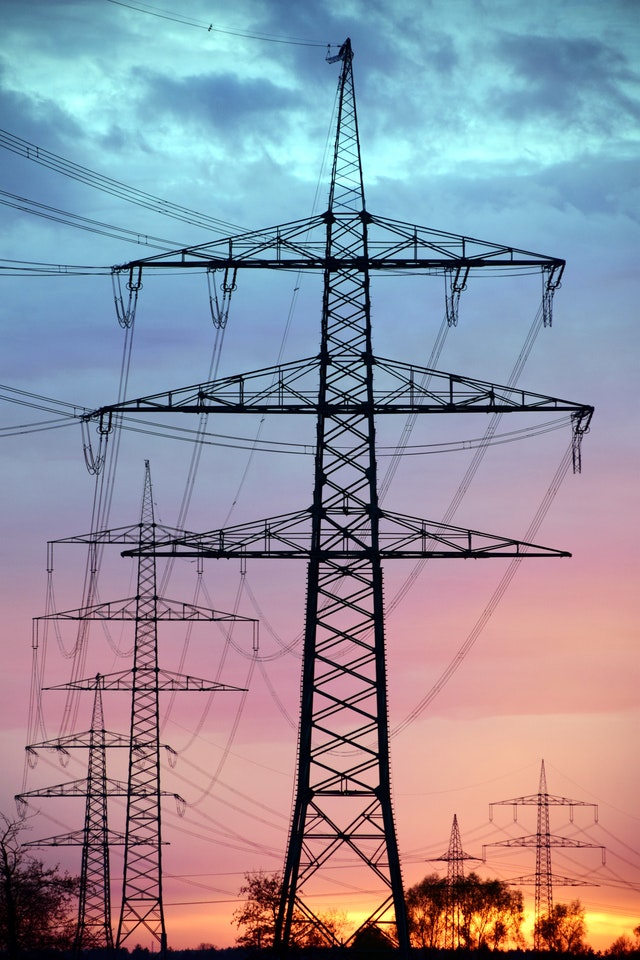
Electrocution or electric shock
- Always connect the generator to appliances with heavy-duty extension cords.
- Hooking up your generator directly into your home power supply could increase the voltage or could cause a surge to the outside power lines and potentially injure or electrocute an unaware utility lineman. It also bypasses some of the built-in household circuit protection devices. Connecting the generator to your home could cause a surge in electricity that might result in injury or death to yourself or your family.
- Use a qualified electrician to install the appropriate equipment in accordance with local electrical codes or ask your utility company to install an appropriate power transfer switch.
Fire
- Keep your generator outside and fuel your generator outside.
- Do not store fuel for your generator in your house. Gasoline, propane, kerosene, diesel and other flammable liquids should be stored outside living areas in properly labeled, non-glass safety containers.
- Do not store fuel near a fuel-burning appliance, for example, a gas stove.
- If the fuel is spilled or the container is not sealed properly, invisible vapors from the fuel can travel along the ground and be ignited by the appliance’s pilot light or by arcs from electric switches.
- Before refueling the generator, turn it off and let it cool down. Gasoline or other flammable liquids spilled on hot engine parts could ignite, and invisible vapors from the fuel can travel along the ground and be ignited by the generator’s pilot light or by arcs from electric switches in the appliance.
Stay safe and informed. For updates and to sign for alerts about power restoration during and after a storm, visit https://www.entergynewsroom.com/storm-center/



